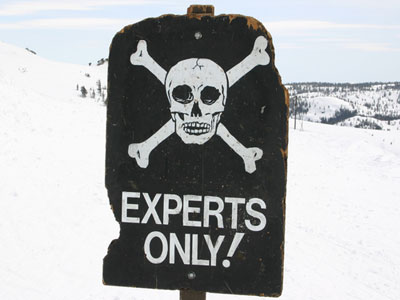
In Barrick, a plaintiff sought discovery of letters and emails between the defendant’s testifying expert and counsel that included trial strategies and tactics. Plaintiff Barrick was injured when a chair collapsed in the defendant’s cafeteria. The plaintiff was treated by Dr. Green who was designated to testify as the defendant’s expert. The plaintiff subpoenaed Dr. Green’s records, but were furnished the treatment records only. The defendant refused to produce emails and letters exchanged between counsel and Dr. Green that included counsel’s views concerning the expert’s onions. The trial court ordered the production of all records, including communications between counsel and Dr. Green.
On appeal, the defendant argued that discovery permitted under the Pennsylvania rules does not include disclosure of mental impressions of a party’s attorney or his or her conclusions, opinions, memoranda, notes or summaries, legal research or legal theories. Judge Olson, writing for the Superior Court majority, noted that the work product privilege protects certain disclosures, but that the privilege is not sacrosanct and may yield if the information sought becomes relevant to an issue in a lawsuit [page 12]. Judge Olson also noted that the permissible scope of expert discovery is broad and may conflict with other discovery rules. In reconciling the conflict, the court ruled "that if an expert witness is being called to advance a party’s case-in-chief, the expert’s opinion and testimony may be impacted by correspondence and communications with the party’s counsel; therefore, the attorney’s work-product doctrine must yield to discovery of those communications". [page 10] Judge Olson reasoned that a party is entitled to discover the extent of a lawyer’s influence over an expert’s opinions, to test the weight and veracity of the expert’s conclusions, and to determine "whether counsel directed [the expert] to reach certain conclusions or to disregard certain facts or take other facts into consideration" [page 13]
While this ruling is consistent with extant federal case law [See e.g., Galvin v. Pepe, No. 09-cv-104, 2010 WL 3092640 (D.N.H. Aug. 5, 2010)], proposed amendments to FRCP Rule 26 would require production only of “facts or data” considered by a testifying expert. But the amendments would continue to allow discovery of communications between a lawyer and a testifying expert about: (1) the compensation for the expert’s study or testimony, (2) the facts or data provided by the lawyer that the expert considered in forming opinions, and (3) the assumptions provided by the lawyer that the expert relied upon to form an opinion. These amendments are scheduled to go into effect December 1, 2010.
This decision underscores the importance of managing information sent to any testifying expert. Many courts will continue to apply the "bright line" test, even if privileged documents are inadvertently disclosed to the expert [see e.g., MVB Mortgage Corp. v. Federal Deposit Insurance Corp., No. 08-771, 2010 WL 582641 (S.D. Ohio Feb. 11, 2010), where the court concluded that “once an expert sees information, even if it is the product of an inadvertent disclosure of something otherwise privileged, that information becomes part of the expert’s mental database, and the opposing party is entitled to test how, if at all, knowing that information may have influenced the expert’s opinion."] Subrogation practitioners should also consider that many states do not have rules that follow the amended federal rules, so the "bright line" test will likely remain in force and apply to all information sent to the expert.



